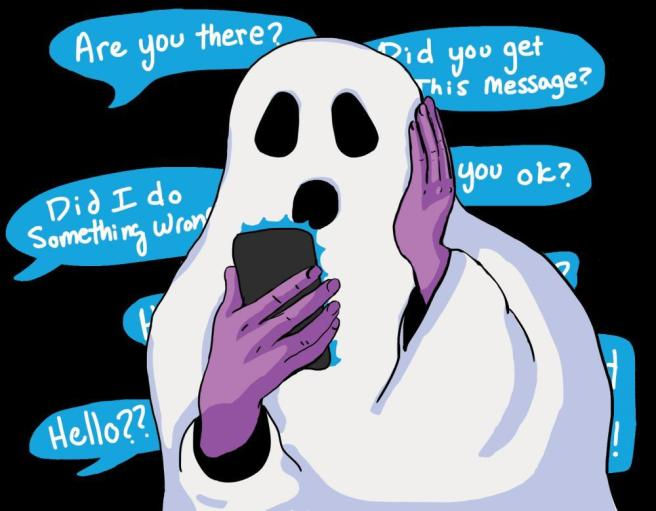Influencer Authenticity: Are We Being Real or Just Really Good at Faking It?
- nicoledollhouse

- Jul 8, 2025
- 2 min read

Let’s talk about influencer authenticity—because lately, everyone seems to be “just being real” in a way that feels… suspiciously staged.
You’ve seen it:
The “I just woke up like this” selfie… with lash extensions, perfect lighting, and a strategically messy duvet.
The teary-eyed “vulnerability post” that somehow still fits the aesthetic.
The “raw and unfiltered” moments that were edited on three apps and posted with a CTA to shop the look.
So here’s the big question: Are influencers becoming too fake—or just too curated?
The Rise of Performed Realness
Back in the day (read: 2016), being an influencer was about perfection. Think glossy flatlays, marble countertops, and avocado toast with gold forks.
Then the pendulum swung. Suddenly, the new flex became realness.
Cry on camera. Overshare in captions. “Expose” your flaws—just make it look good.
Now? It’s hard to tell what’s genuine vulnerability… and what’s a content strategy in a hoodie.
Authenticity as an Aesthetic
Here’s the tricky part: Authenticity sells.
Brands want “relatable” now. Followers want “real.” And creators are smart—so they’ve learned how to package rawness in a way that still performs.
But when every vulnerable post has affiliate links and every meltdown is captured with a ring light… it starts to feel less like connection and more like curation.
So What’s Actually Real?
Spoiler: not everything needs to be.
Influencing is a job. Creating beautiful content isn’t a crime. And yes, it’s okay to make money while sharing your life online.
But the problem starts when curated “realness” becomes just another layer of performance—one that pressures creators to commodify their struggles and audiences to question everything they see.
Here’s What We Really Want:
Less perfect mess, more honest context.
Less algorithm-optimized trauma dumps, more thoughtful transparency.
Less pretending to be “just like us,” and more owning the creative work of influencing.
Because being an influencer isn’t about pretending to be real.
It’s about showing up as you—with or without the Valencia filter.
Final thought:
You don’t need to post your breakdown to prove you’re authentic.
You don’t owe your followers your flaws.
But if you’re going to be “real,” let it come from the soul—not the content calendar.








Comments